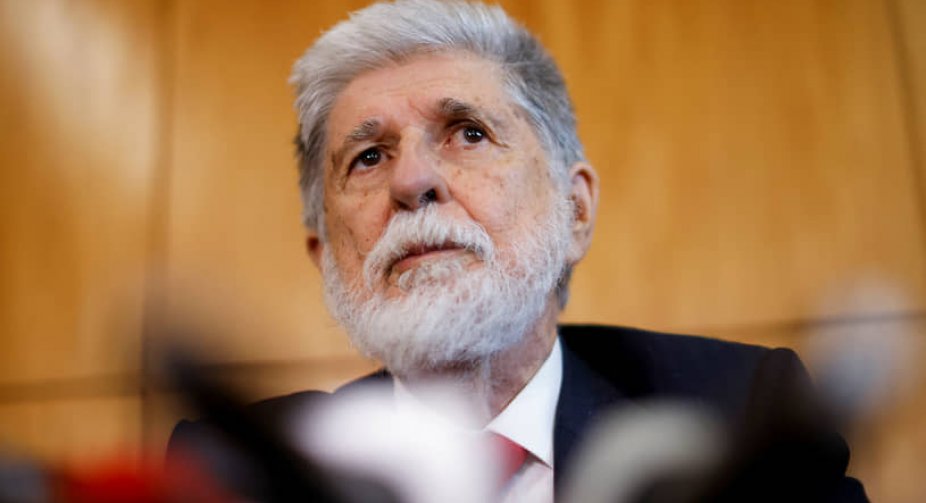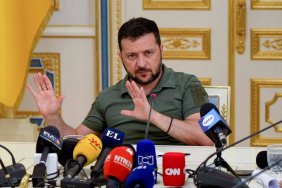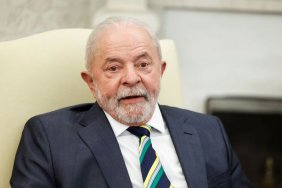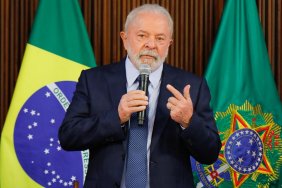On Wednesday, the special adviser to the president of Brazil on international affairs met with the president of Ukraine, Volodymyr Zelenskyі, after the president's comments, which drew condemnation from Kyiv, the United States and Europe.
Advisor Celsu Amorim, a former foreign minister, told the Brazilian newspaper O Globo after the meeting that Zelensky understood that President Luiz Inácio Lula da Silva was "working for the world." The representative stated that the conversation took place in an atmosphere of "great trust".
Amorim said that he told Zelensky that the two countries should take into account that concessions must be made to reach an agreement.
"Achieving a merger will not be easy. Both sides will have to come to the conclusion that the price of war is greater than the price of certain concessions," Amorim told O Globo.
"Of course, Zelenskyi has his positions, but I think that this is how we are moving. Now there should be a group of countries that work on this issue, discuss both, so that Ukraine and Russia can talk," he emphasized.
Amorim said the message he conveyed to Zelenskyі was largely the same message he conveyed to the Russian president during a meeting in Moscow earlier last month.
What preceded
Brazilian President Luiz Inacio Lula da Silva called for a cease-fire and proposed the creation of a "club of nations" including Brazil to broker peace. At the same time, he refused to provide weapons to Ukraine, in his comments he blamed Ukraine for the invasion of Russia and stated that the USA and Europe were "stimulating" hostilities. His remarks drew criticism from all those sides, which also raised questions about Brazil's impartiality in any possible peace talks.
Last month, Amorim secretly went to Moscow and met with Putin. Lula later welcomed Russian Foreign Minister Sergei Lavrov in the Brazilian capital.
After the meeting, the representative of the National Security Council of the White House, John Kirby, criticized Brazil's approach to the war and the fact that he met in person with Putin and Lavrov, and spoke with Ukrainian officials only by phone.
Critics say Brazil's stance is aimed at avoiding a confrontation with Russia, which is the main supplier of fertilizer for its soybean plantations.



